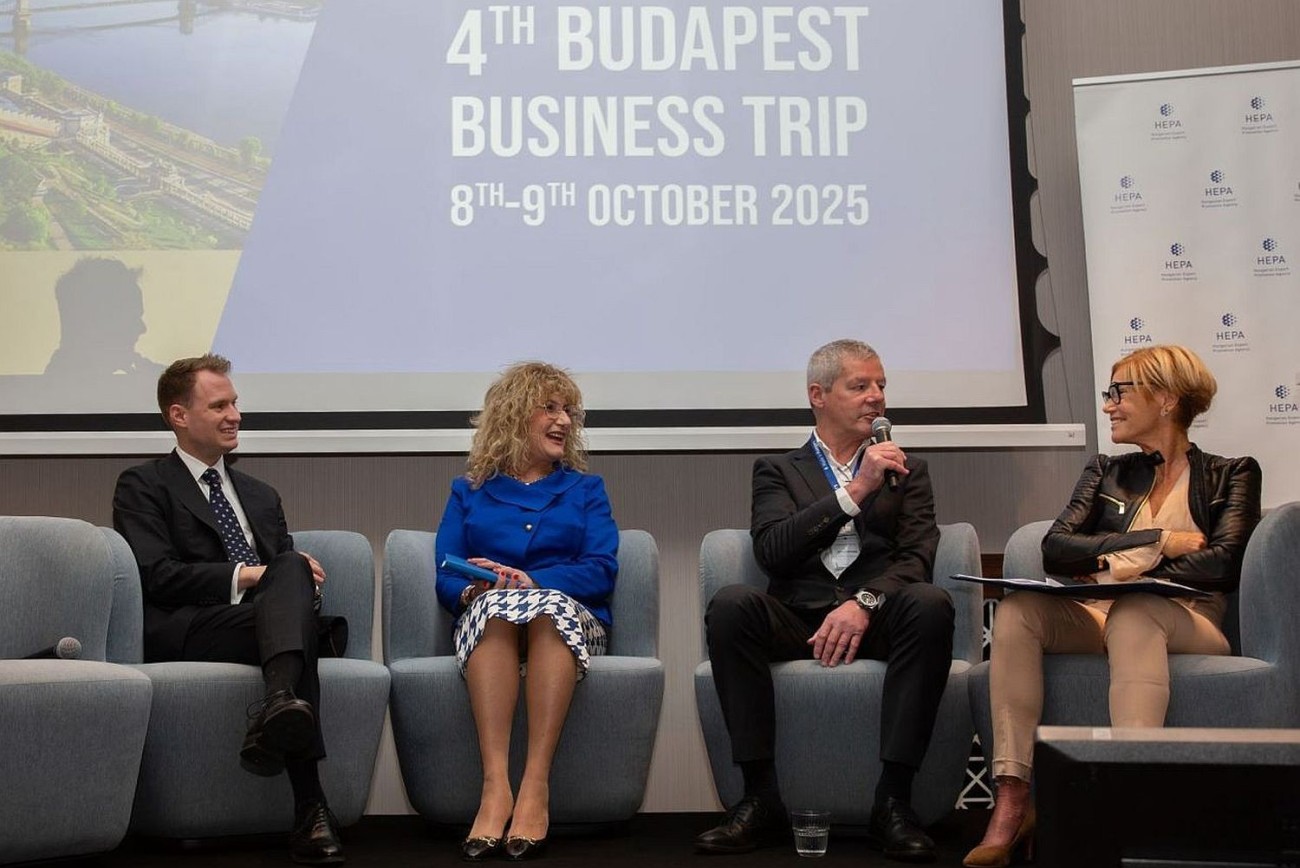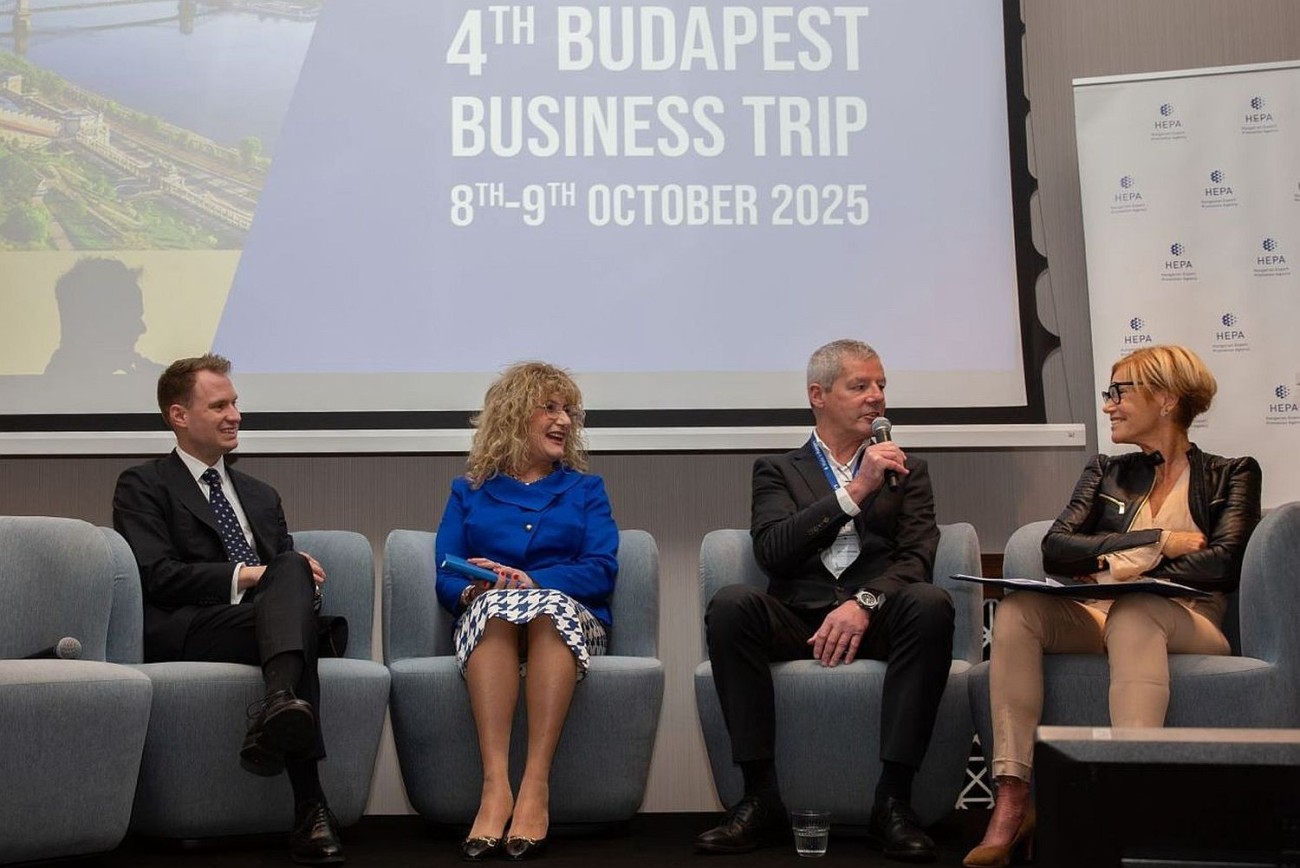Kitti Jakab, co-founder of the Hungarian Lunar Program, said the following: "Since foreign ecosystems have a higher entry threshold, local ecosystem players are needed to help startups gain access to real global competition." Do you agree that the role of Hungarian incubators in the ecosystem is to generate projects suitable for major players like The Scale Factory?
I think that’s a very good point. As an ecosystem, we need to foster startups so they can grow into scaleups and become successful. Accelerators usually provide a toolbox and support system that allow startups to learn from the ecosystem and avoid mistakes. They are a crucial part of a thriving startup environment.
What will be the role of The Scale Factory in Hungary and the CEE region?
We want to be a key ecosystem player in Hungary and the region.
Since our launch, The Scale Factory has focused not on early-stage startups but on those that have already achieved product-market fit, have revenue, traction, and are ready to expand into new markets beyond Hungary.
We help and guide scaleups to succeed internationally. We therefore value to get to know and support inspiring scaleups as well and support them in the initial steps of their scale journey.
How do you do that?
20 years ago, companies started outsourcing software development to India, Poland, Ukraine, and other countries, and that became widely accepted. Later, businesses began outsourcing finance functions, payroll, and HR.
At The Scale Factory, we offer what we call Commercialization as a Service (CaaS). This means
we become your outsourced GTM engine. When a Hungarian company wants to expand internationally, we provide the necessary playbook and connections to mitigate risks and increase the likelihood of success abroad.
That’s why we have attracted 40 companies looking to scale across Europe, the Middle East, and Asia. An important distinction is that we at The Scale Factory not only work with our clients to define the GTM strategy / sales motion, but also pull together teams to execute on the plan.
Why are you scaling towards Asia rather than the United States?
When I was building my tech companies, I initially wanted to enter the U.S. market because I assumed it would be easier—everyone speaks the same language, after all. But I learned the hard way: the U.S. market is brutally competitive, and very few European companies achieve real success there.
Over the past 10 years, we’ve seen more and more European scaleups turning towards Asia-Pacific, where there are greater opportunities.
It’s a larger market—three-quarters of the world's population live there, and 50% of global GDP is produced there. However, it’s also a complex, fragmented market with many different languages, cultures, and regulations.
And with countries at different levels of democracy— a country in the Central and Eastern European region is not at the same level in this regard as China.
We don’t do business in China, even though we have lived there before. However, we have a deep network of talent and GTM agencies in the market we are happy to refer clients to. Having said so, we believe that once you gain traction in several Asia-Pacific markets, scaling can be much faster than in the U.S. or Europe. A GTM strategy for China is something we recommend our clients to wait with as it would be requiring a lot of resources, both capital, people and time.
How can Hungarian startups approach The Scale Factory, and what happens next?
Startups can reach out to us on LinkedIn or send an email via our website. However, before doing so, they should ensure they have achieved product-market fit—that’s the most important factor.
 Pierre Martensson at The Scale Factory's introductory event in Budapest. Source: The Scale Factory / LinkedIn
Pierre Martensson at The Scale Factory's introductory event in Budapest. Source: The Scale Factory / LinkedIn
Next, we spend a few weeks getting to know the startup’s technology, value proposition, pricing, and more. Then, we arrange meetings with potential customers to gather their opinions on the product, pricing, and competition in the target market.
After this, we assess whether we believe there is an opportunity for the startup in markets like Singapore or Australia. If the opportunity exists, we build a go-to-market strategy. Since we have done this for 40 companies, we have a strong track record of accurately predicting revenue expectations for the next three years. After that, the startup can decide whether to enter the Asian market—either with our help or on their own.
But we are always honest:
for three out of five companies we work with, we conclude that they don’t have a strong enough opportunity in a particular market. We prioritize integrity and protect our networks, so we don’t push companies into markets where they are unlikely to succeed.
Why are you entering the CEE region now? What opportunity do you see here?
On a global scale, there has never been a better time to start a company. The time required to launch a business has been dramatically reduced. It’s easy to register a company and open a bank account. Access to talent is no longer a major barrier—you don’t even need your team to be based in Budapest. You can build technology quickly, use apps like Lovable, and even fail faster than before.
On the other hand, what makes the CEE region and Hungary unique is the abundance of technologies that can be built for the domestic market, tested quickly, and then scaled internationally.
However, to do this, the region needs more startups and scaleups. For us, this is the perfect time to step in and help facilitate that growth.
COVER PHOTO: Pierre Martensson, founder and managing partner of The Scale Factory. Source: Pierre Martensson / LinkedIn












